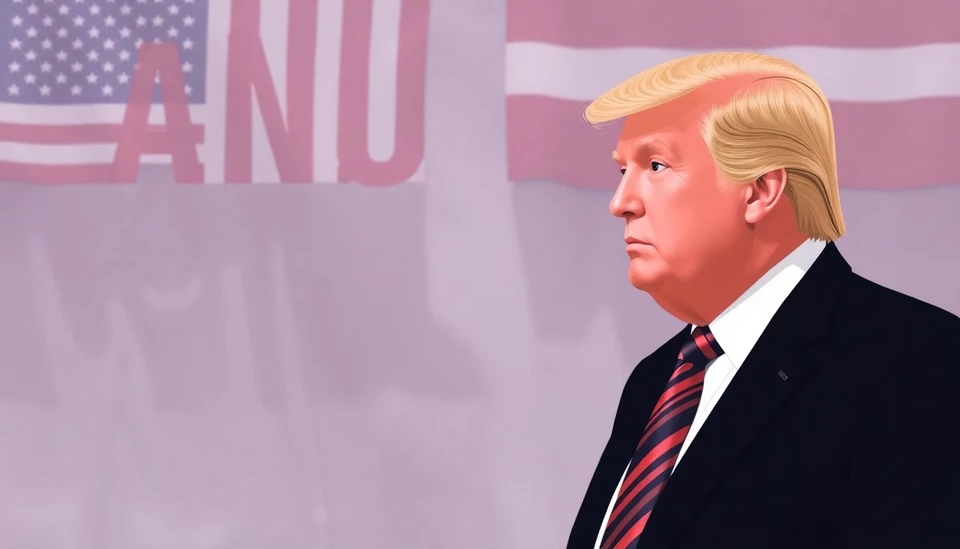
In a surprising turn of events, recent alterations in tariff policies proposed by former President Donald Trump signal a potential seismic shift for Corporate America. This development arrives as Trump's political ambitions resurface, with increasing speculation about a presidential bid in the 2024 elections.
The most significant impact stems from Trump's announcement to reconsider tariffs on hundreds of Chinese products, a move that could alter the dynamics of international trade. This policy shift, aimed at reassessing the current tariffs set during his presidency, is seen as a response to ongoing economic pressures and needs for domestic manufacturers.
Business leaders are closely monitoring these tariff discussions, recognizing the implications they hold for supply chains, cost management, and overall competitiveness in a global marketplace. The reinstatement or adjustment of such tariffs could provoke significant budget reallocation for companies heavily reliant on imports.
The timing of the announcement coincides with reports of rising inflation and supply chain headaches that have plagued many industries since the onset of the pandemic. Companies that previously benefited from lowered tariffs might now find themselves under pressure to adjust their pricing models or sourcing strategies, which could lead to increased costs for consumers.
Furthermore, Trump's move could be interpreted as a strategy to rekindle support among his base, particularly as he positions himself against the Biden administration’s approach to trade. By appealing to his supporters, he is likely to reignite the conversation surrounding national economic interests, manufacturing jobs, and the perceived threat of globalization.
Corporate America finds itself in a precarious position, with the possibility of navigating through complex regulatory landscapes that may arise depending on the outcome of any new tariff regimes. Strategies must adapt swiftly, and companies may need to reevaluate their engagement with overseas markets, innovation investments, and product development timelines.
The implications of Trump's renewed fixation on tariffs extend beyond mere numbers on a balance sheet; they encompass broader themes of national security, domestic growth, and international relations. With fears of an escalating trade war and a push for greater self-sufficiency in manufacturing, businesses face a crossroads—a decision to realign their strategies in response to an unpredictable political climate.
As the political landscape evolves, so too must the strategies of Corporate America. The next several months will be crucial in determining how businesses adjust to the shifting tariff landscape and what it means for their operations, profitability, and future dealings in both local and international markets.
#TrumpTariffs #CorporateAmerica #TradePolicy #Economy #2024Elections #SupplyChainChallenges #Inflation #InternationalTrade
Author: Rachel Greene




